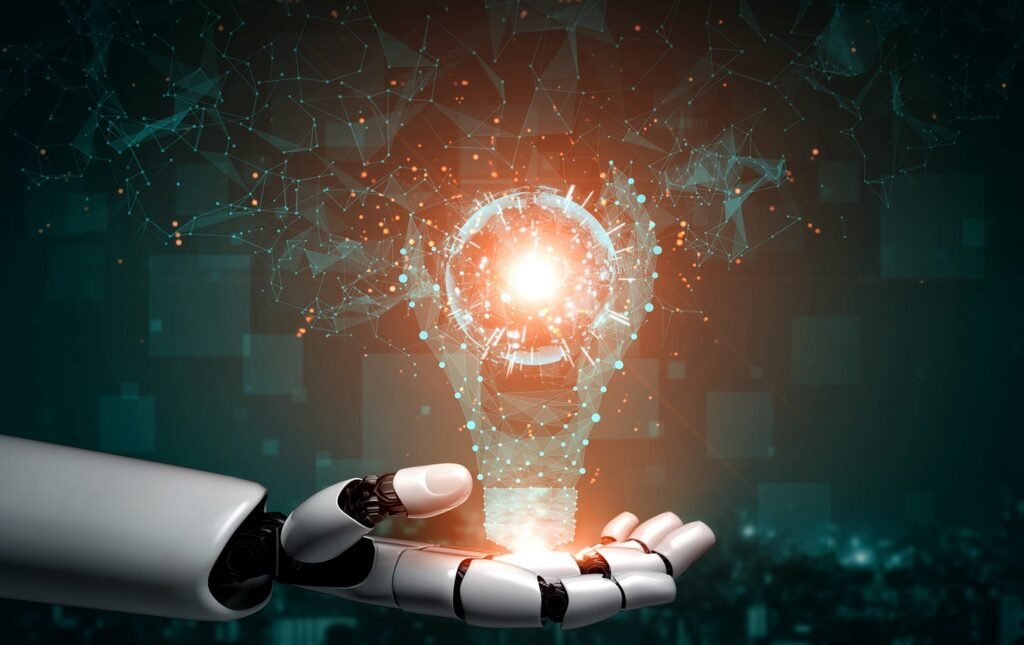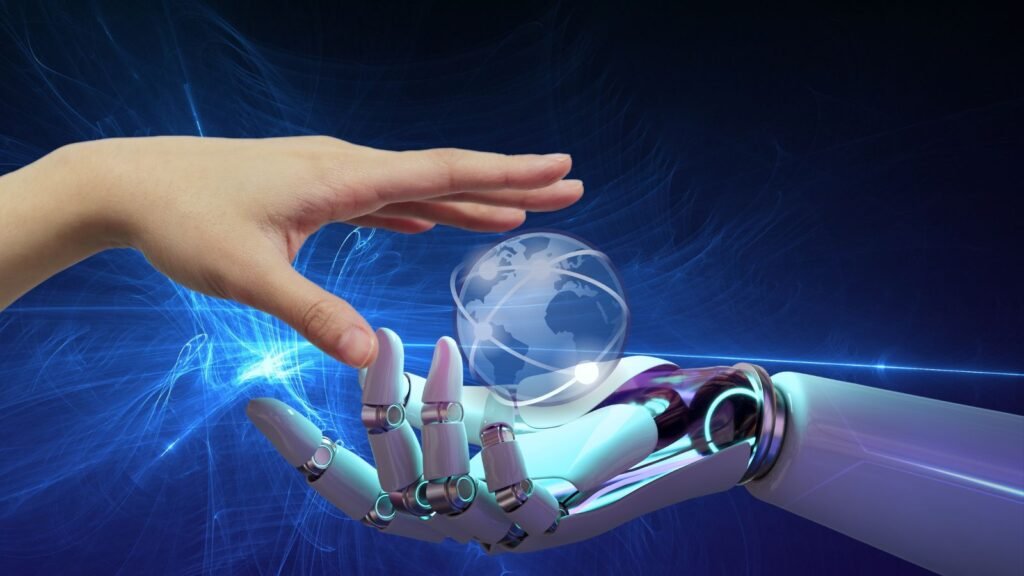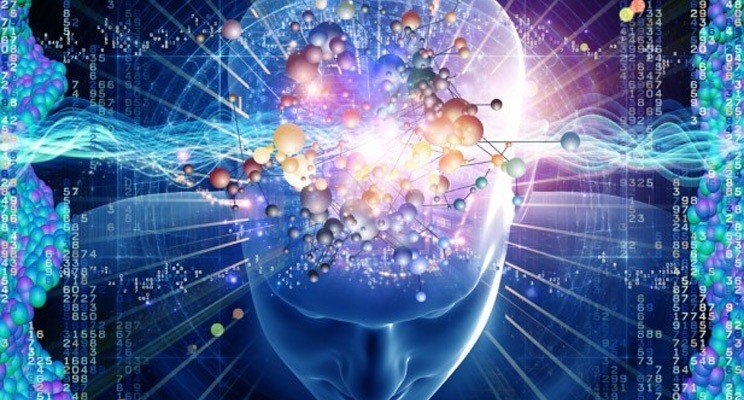Imagine a world where machines are so smart they can write stories, drive cars, and even make decisions for us. Sounds exciting, right? But what if those same machines take our jobs, invade our privacy, or make mistakes that hurt people? Artificial Intelligence (AI) is changing our lives in amazing ways, but it’s not all sunshine and rainbows. Like a double-edged sword, AI has harmful effects that we need to understand. In this article, we’ll explore the negative impacts of AI, its risks, and what the future might hold in super simple English. Let’s dive in and see why we need to be careful with this powerful technology!
What is Artificial Intelligence (AI)?

AI is when computers act like humans, learning, thinking, and solving problems. Think of it as teaching a machine to recognize faces, answer questions, or predict trends. From chatbots like me to self-driving cars, AI is everywhere. But as it grows, so do its downsides. Let’s look at the harmful effects and why they matter.
Harmful Effects of Artificial Intelligence
AI can do incredible things, but it also brings challenges that affect our lives, jobs, and society. Here are the main harmful effects:
- Job Losses
AI can do tasks faster and cheaper than humans, like sorting data or answering customer calls. This is great for businesses but bad for workers. For example, factories use robots instead of people, and AI chatbots replace call center staff. Studies predict that by 2030, AI could replace millions of jobs in fields like manufacturing, retail, and even writing. While new jobs might pop up, many workers may struggle to retrain. - Privacy Invasion
AI loves data—it needs tons of it to learn. But where does that data come from? Often, it’s your personal info, like what you search online or post on social media. AI systems track your habits, sometimes without your permission, raising privacy concerns. For instance, facial recognition tech can identify you in crowds, which sounds cool but can be misused by governments or companies to spy on people. - Bias and Unfairness
AI learns from humans, and humans aren’t perfect. If the data used to train AI is biased, the AI can make unfair decisions. For example, some AI hiring tools favor men over women because they were trained on male-dominated resumes. In 2023, reports showed AI systems in criminal justice wrongly flagged certain groups as risky, leading to unfair treatment. Bias in AI can deepen inequality if not fixed. - Security Risks
Hackers can use AI to create smarter cyberattacks, like fake videos (deepfakes) or phishing scams that trick people into sharing passwords. On the flip side, AI security systems aren’t foolproof and can be bypassed. A single mistake in an AI system controlling critical things, like hospital equipment, could cause harm. - Mental Health Impact
AI-powered social media algorithms keep you scrolling by showing addictive content. This can lead to anxiety, low self-esteem, or even addiction, especially in teens. Studies in 2024 linked excessive AI-driven content to mental health struggles, as algorithms prioritize engagement over well-being.
Projected Future Implications of AI
If AI keeps growing unchecked, what might happen? Here’s what experts predict for the next 10-20 years:
- Mass Unemployment
By 2035, AI could automate up to 30% of current jobs, especially repetitive ones like data entry or trucking. While new roles in AI development or ethics might emerge, not everyone can switch careers easily. Governments may need to offer retraining programs or universal basic income to help people cope. - Ethical Dilemmas
As AI gets smarter, it could make decisions we don’t fully understand. For example, who’s responsible if an AI-driven car crashes? Or if AI military drones make the wrong call? By 2040, we might face tough questions about giving AI too much control, especially in healthcare or defense. - Widening Inequality
Companies with advanced AI will get richer, while smaller businesses or poorer countries might fall behind. This could create a bigger gap between the “haves” and “have-nots.” By 2050, experts warn of a world where only a few tech giants dominate, leaving others struggling. - Loss of Human Connection
If AI chatbots or virtual assistants become our main companions, we might feel lonelier. Future generations could rely on AI for emotional support, weakening real human relationships. This trend is already starting with AI friends and virtual therapists. - Environmental Impact
Training AI uses massive amounts of electricity, contributing to climate change. By 2030, AI’s carbon footprint could match that of a small country if we don’t switch to greener tech. Data centers running AI models are already raising concerns about energy use.
How to Reduce AI’s Harmful Effects

The good news? We can take steps to make AI safer and fairer:
- Regulate AI: Governments should set clear rules on data use, bias, and accountability. The EU’s AI Act (2024) is a start, banning harmful AI practices.
- Promote Transparency: Companies should explain how their AI works and what data it uses.
- Educate People: Schools and workplaces can teach AI literacy so everyone understands its risks and benefits.
- Design Ethical AI: Developers should focus on fairness, testing AI to avoid bias or errors.
- Go Green: Use renewable energy for AI data centers to cut environmental harm.
Why This Matters to You
AI is already part of your life—whether it’s suggesting Netflix shows or powering your phone’s voice assistant. But its harmful effects, like job losses or privacy risks, could impact you directly. By understanding these challenges, you can push for better AI policies, support ethical companies, or even learn AI skills to stay ahead.
The Road Ahead for AI
AI is like a powerful tool—it can build amazing things or cause damage if mishandled. The harmful effects, from unemployment to ethical concerns, show we need to act now to shape its future. By 2050, AI could either make life better for everyone or create new problems if we’re not careful. The choice is ours.
So, let’s stay informed, demand fairness, and use AI to create a world that’s safer and more connected. Want to learn more? Start by exploring ethical AI projects or taking a free course on AI basics. Together, we can make AI a force for good!
